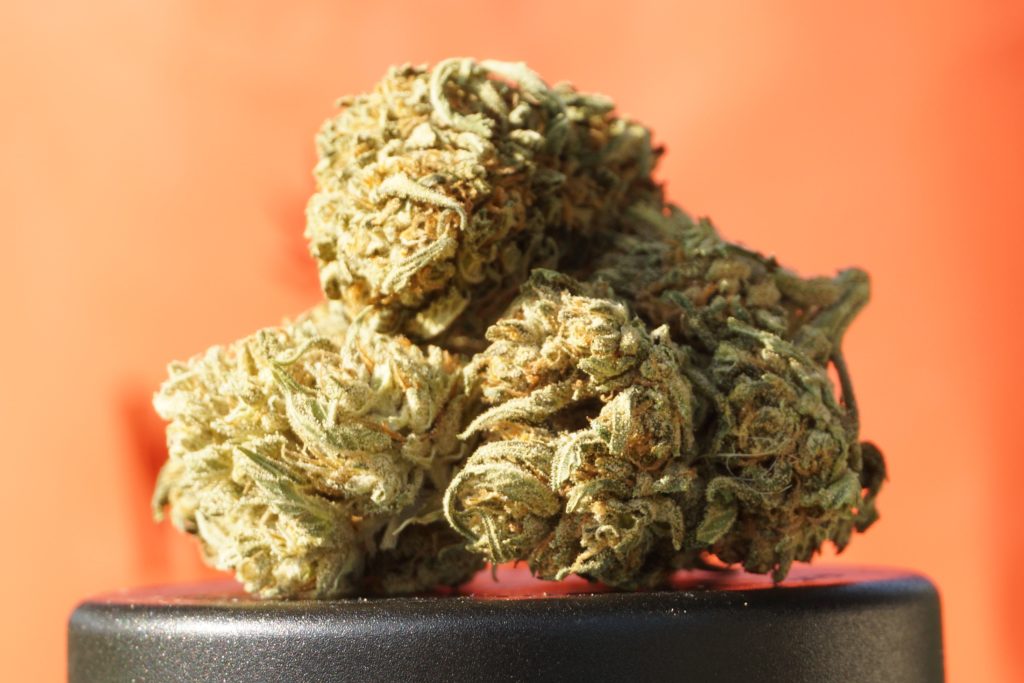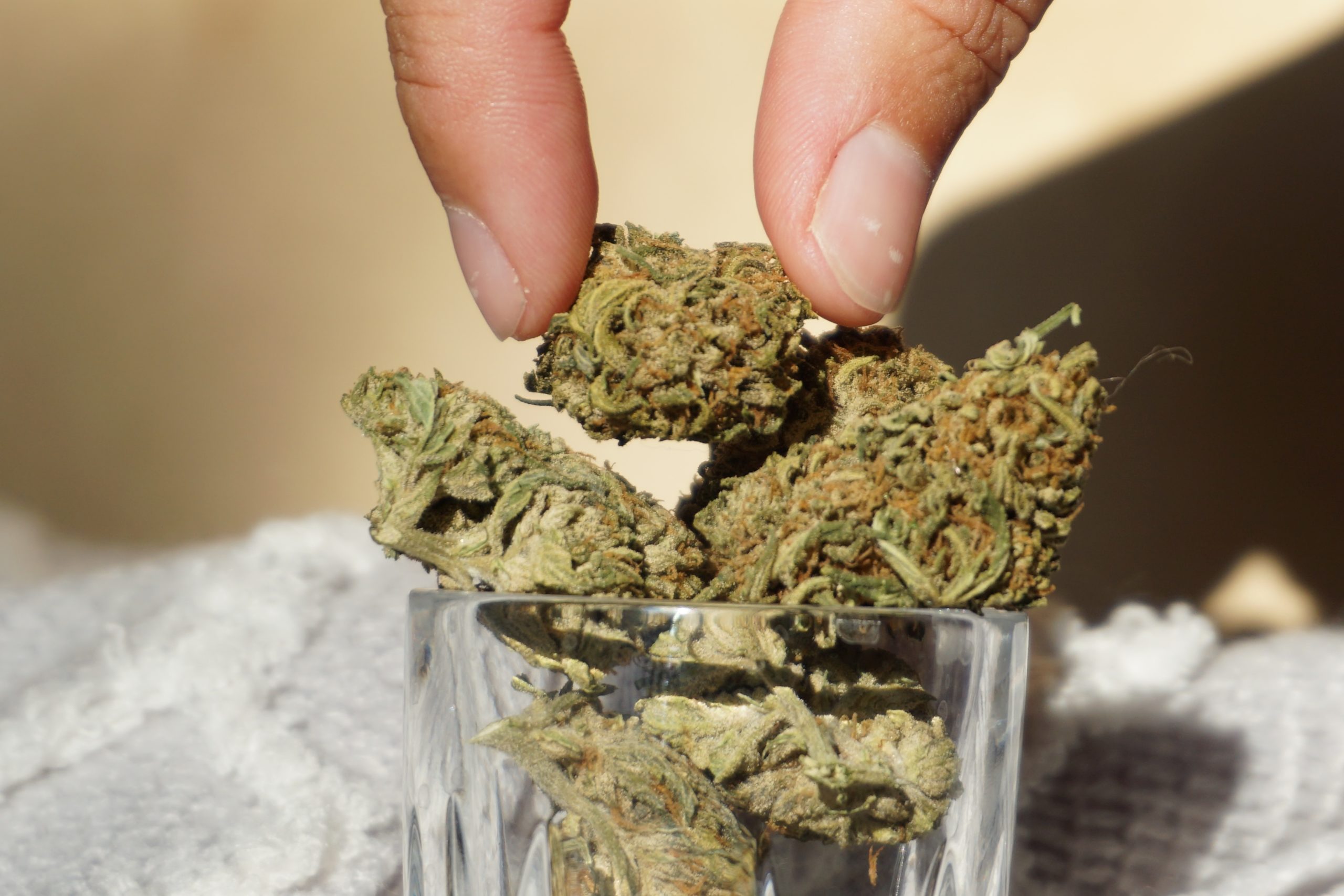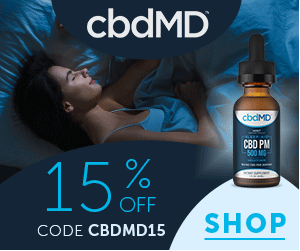Understanding Delta-9 THC: Effects, Medical Uses, and Legal Status
Delta-9 THC is a significant component found in cannabis and hemp. It’s known for creating that “high” feeling and comes with a few side effects.

A Quick Peek at Cannabinoids
Cannabis and hemp plants are loaded with various compounds called cannabinoids.
These can affect our bodies in different ways. You’ve probably heard of CBD (non-intoxicating) and THC (famous for psychoactive effects).
Today, we’re focusing on a specific type of THC: Delta-9.
Understanding Delta-9 THC
So, what’s the deal with Delta-9?
It’s a type of THC found abundantly in cannabis plants, and it’s the one usually responsible for the psychoactive effects.
But Delta-9 isn’t flying solo; it has relatives like Delta-8 and Delta-10, which are similar but have their unique twists.
The main difference between these three cannabinoids is in their potency.
Delta-9 is the strongest, causing a more potent ‘high’, delta-10 is the mildest, and delta-8 can be found in the middle.

Let’s Talk Science (Just a Bit!)
Without getting too complicated, here’s what you need to know: Delta-9 THC has a certain chemical structure, represented by C₂₁H₃₀O₂.
Its close cousin, Delta-8, has the same formula but a tiny difference in the structure, making their effects on the body distinct.
And among these, Delta-9 is the most studied and understood.
Each compound (delta-8, delta-9, and delta-10) have different structures, in turn offering different therapeutic benefits.
How Does Delta-9 Make You Feel?
Consuming Delta-9 THC is known for causing euphoria, altering perceptions, and generally making things feel more interesting.
However, Delta-9 THC can also cause dry mouth, red eyes, and on rare occasions, anxiety or a fast heartbeat. So, it’s best to consume delta-9 products in moderation.

Is It Safe to Use Delta-9 THC?
For most people, a little Delta-9 THC doesn’t cause harm, and it can even be a pleasant experience.
But it’s essential to know it triggers a strong dopamine release, which can be habit-forming for some. Just like with anything enjoyable, the key here is balance and moderation.
The Potential Upsides
Looking beyond the high, Delta-9 THC is linked with several potential health benefits, helping with conditions like anxiety, chronic pain, and insomnia.
It’s not a cure-all, but many people find it helpful for their health needs.

Are There Any Downsides?
Sure, as with anything, there can be downsides.
Some common side effects include feeling anxious, experiencing dry mouth, hallucinations or getting the munchies.
And, while there’s no danger of overdosing fatally, consuming too much can lead to an unpleasant time.
The Legality Puzzle
Here’s where it gets tricky: Delta-9 THC’s legal status isn’t black and white in the US.
It varies from state to state, with some allowing medical use, others allowing recreational use, and some not allowing it at all.
So, it’s wise to check your local laws to stay informed.
So, Where is Delta-9 Currently Legal?
Delta 9 is legal in:
- Arizona
- California
- Colorado
- Connecticut
- Illinois
- Maine
- Massachusetts
- Michigan
- Montana
- Nevada
- New Jersey
- New Mexico
- New York
- Oregon
- Rhode Island
- Vermont
- Virginia
- Washington
- Maryland
- Missouri
Nearly every state allows hemp-derived delta-9 THC in some form due to the 2018 Farm Bill.
Choosing Delta-9 Products
Since there’s no one-size-fits-all regulation for cannabis products, it pays to be cautious.
Opt for products from reputable companies, and if possible, check third-party lab reports.
When in doubt, ask questions, and seek recommendations, especially if you’re trying it for health reasons.
Post Disclaimer
Please note that HempHealthOnline is not a medical service or healthcare provider. The content provided on this site, including text, graphics, images, and other material, is for informational purposes only and is not intended to be a substitute for professional medical advice, diagnosis, or treatment. Always seek the advice of your physician or other qualified health provider with any questions you may have regarding a medical condition.






